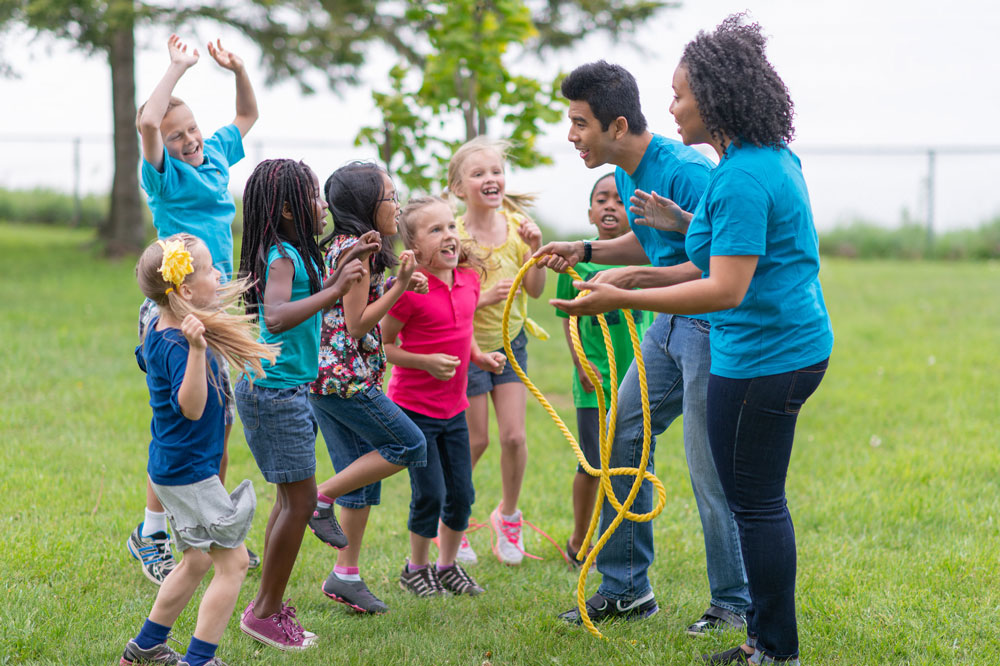
When you think of an apprenticeship, you might think of someone who is training to become a plumber or a carpenter. But apprenticeships can be a valuable option in another field: out-of-school time (OST).
Apprenticeships are industry-driven career pathways that combine classroom instruction, paid on-the-job training, and mentorship, and typically lead to a nationally recognized credential or degree. For individuals, apprenticeships can be an affordable alternative pathway into the OST field that allows them to “earn while they learn.” For employers, apprenticeships strengthen their workforce, support staff retention, and build workforce equity, as well as create leadership opportunities for experienced staff who serve as mentors.
“The National Institute on Out-of-School Time (NIOST) has done some work around apprenticeships before,” said NIOST Director Georgia Hall, Ph.D. “For example, through our work with the former National Center on Afterschool and Summer Enrichment (NCASE), we have supported states that were looking to create and pilot OST apprenticeships. But this past year, we’ve had the opportunity to really dive in, in our home state.”
In 2025, NIOST became involved in a statewide initiative led by the Massachusetts Department of Early Education and Care—along with partners including For Kids Only Afterschool, the United Way of Massachusetts Bay, and the Institute for Education and Professional Development, Inc.—to develop a professional apprenticeship program for OST educators in Massachusetts. As a first step, NIOST and its partners are conducting statewide data gathering. Surveys, focus groups, and interviews with OST program staff and directors, as well as field leaders, will inform the development of the apprenticeship program and an accompanying credential.
Senior Research Scientist Wendy Wagner Robeson, Ed.D., who leads WCW’s Work, Families & Children research, is also involved in the project. Robeson studies the field of early childhood education, where apprenticeships have become increasingly common in the last decade. So bringing in her expertise made sense and leveraged NIOST and WCW’s in-house strengths.
The ultimate goals are to develop a professional apprenticeship pathway informed by the field and to build a sustainable model that supports career entry and advancement in OST. The beneficiaries will be not only OST programs and staff, but the children and families they serve.
“OST programs need staff members, and they particularly need staff members from their own communities,” said Hall. “Having a sustainable, equitable workforce makes all the difference for the children and families in those programs.”

